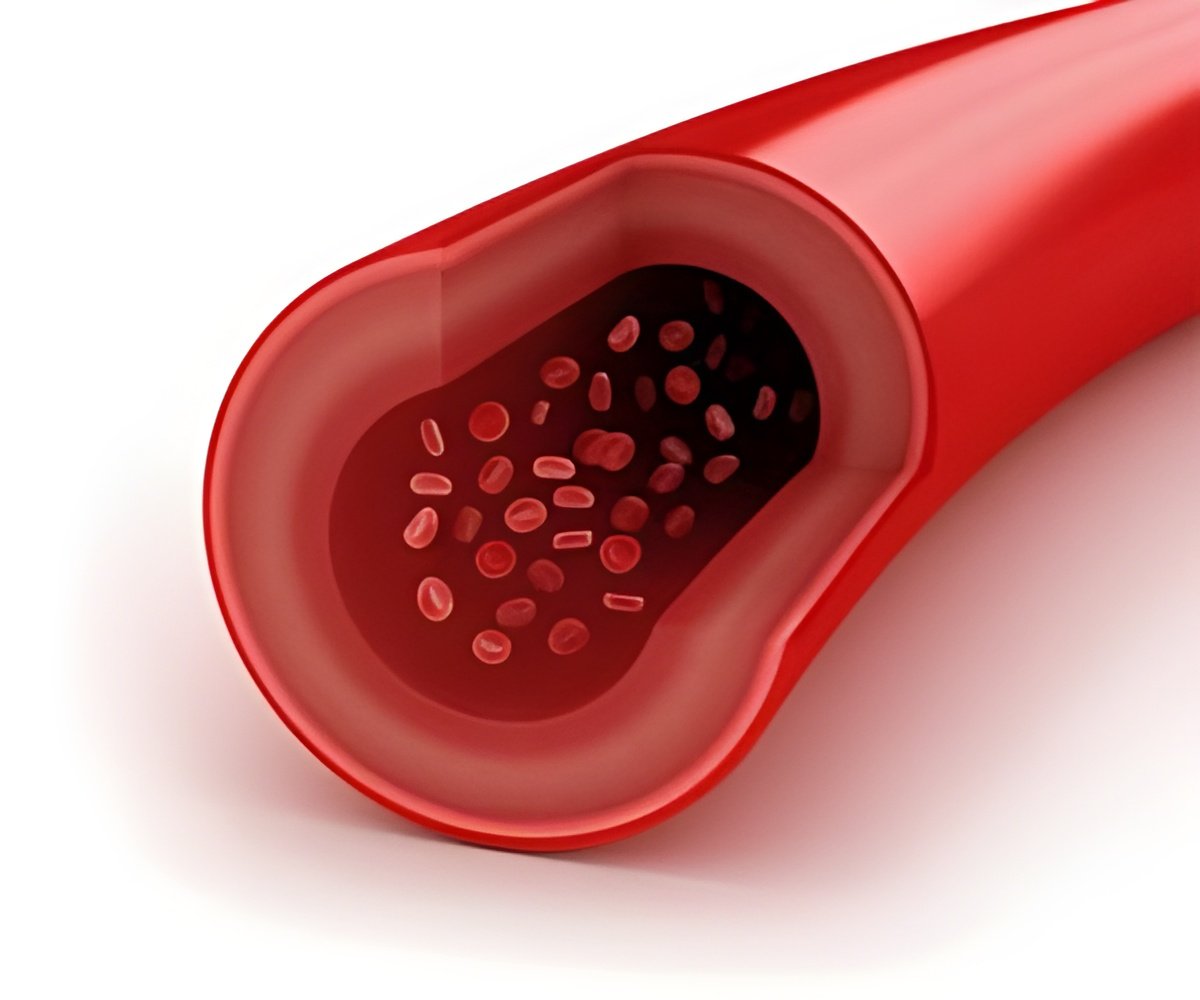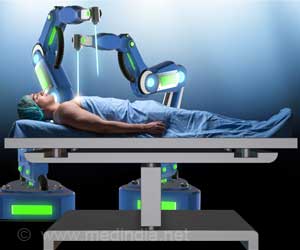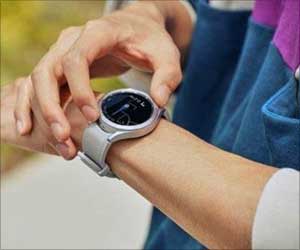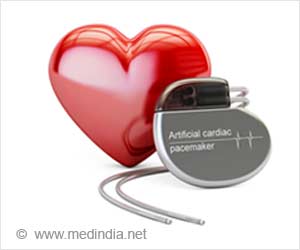
This latest breakthrough could allow surgeons to carry out more bypass operations and reduce the risk of blockages associated with smaller artificial blood vessels.
“By selecting very specific molecular building blocks we have succeeded in synthesizing a polymer with the desired properties,” said Robert Liska from Vienna University of Technology’s synthetic chemistry institute.
The blood vessel created by the scientists is slightly porous and initially allows a small amount of blood to steep through, encouraging nearby tissues to thrive. Over time natural endogenous cells replace the artificial blood vessel.
The researchers tested the new vessels on laboratory rats, implanting them and checking up on them six months later. “We did not find any aneurysms, thromboses or inflammation. The natural cells had also turned the artificial vessel into natural body tissue,” said, Helga Bergmeister from Vienna Medical University.
Advertisement












